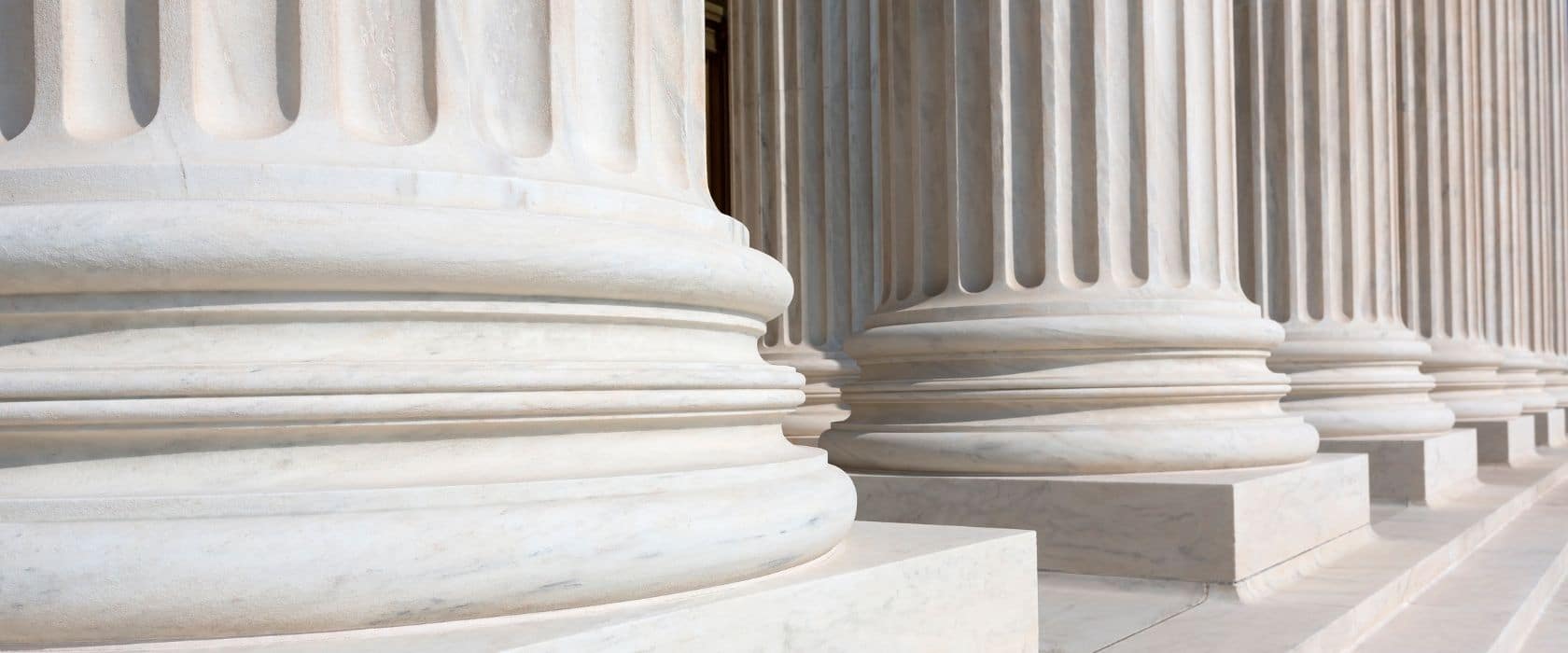Federal Judge Delivers Stunning Rebuke to Trump Administration in Harvard Funding Case
In a landmark federal court ruling that impacts American higher education policy, United States District Judge Allison Burroughs delivered a scathing 84-page decision last week, declaring the Trump administration’s freeze of over US$2.6 billion in Harvard University research funding unconstitutional. The September 3rd ruling represents not only a major legal victory for Harvard but a decisive blow to the administration’s broader federal funding policies targeting elite universities.
Judge Rules Trump Administration Violated Harvard’s Constitutional Rights
Judge Burroughs minced no words in her assessment of the administration’s actions, writing that “antisemitism as a smokescreen for a targeted, ideologically-motivated assault on this country’s premier universities” was the true motivation behind the funding freeze. The court found that the administration violated Harvard’s First Amendment rights to free speech by retaliating against the university for rejecting federal demands that Harvard officials characterized as governmental overreach.
The legal battle began in April when the Trump administration sent Harvard a series of demands conditioning billions in federal grant funding on sweeping changes to the university’s governance, hiring practices, and disciplinary processes. When Harvard President Alan Garber rejected these conditions as violations of academic freedom, the administration responded within hours by freezing $2.2 billion in funding, later expanding the freeze to cover additional hundreds of millions.
Judge Burroughs found the administration’s justification particularly troubling, noting that “the sudden focus on antisemitism was, at best … arbitrary and, at worst, pretextual” given that the funding decisions occurred before any investigations into alleged antisemitism on campus began.
Impact on Universities and Federal Funding Policies
The ruling carries significant implications beyond Harvard’s campus. The Trump administration has frozen nearly $6 billion in funding across nine institutions, making Harvard’s legal challenge a test case for the sector. Unlike other prestigious universities such as Columbia, which agreed to a $221 million settlement and sweeping operational changes, Harvard chose to fight the administration in court.
Education Secretary Linda McMahon’s revealing comments about Columbia’s settlement, that it was “a monumental victory for conservatives who wanted to do things on these elite campuses for a long time,” provided additional evidence supporting the judge’s conclusion that the administration’s motives extended far beyond combating antisemitism.
Trump Administration To Appeal Harvard Federal Court Ruling
Despite the legal victory, Harvard’s battle with the Trump administration is far from over. Within hours of the verdict, the White House announced plans to appeal the decision, with spokesperson Liz Huston maintaining that “Harvard does not have a constitutional right to taxpayer dollars and remains ineligible for grants in the future.” This statement directly contradicts the court’s ruling, highlighting the administration’s defiant stance.
What Happens Next?
The Trump Administration has several pathways they may take to challenge the federal court ruling that declared its freeze on Harvard’s research funding unconstitutional.
The administration could pursue a traditional appeal through the First Circuit Court of Appeals, where legal experts believe Harvard’s victory is likely secure given the circuit’s Democratic-appointed majority and the thoroughness of the district court’s decision.
Alternatively, the administration may bypass the circuit court entirely and seek emergency relief directly from the Supreme Court through its “shadow docket,” where injunctions are often stayed within weeks without full briefing.
The Lesser of Two Evils: Circuit Court or Supreme Court?
If pursuing the circuit court route, Harvard would likely retain access to research funding through at least the remainder of 2025, as appeals could take months to resolve. However, the Supreme Court presents a more uncertain outcome for Harvard. Legal experts warn that even with this small victory, the funding may not immediately resume, leaving critical research projects in limbo.
If the federal government has their way, the case is more likely to end up in the Supreme Court. Its conservative majority may be less sympathetic to Harvard’s position than the Boston federal court, especially given its previous receptiveness to the Trump administration’s arguments in similar funding disputes. This was recently demonstrated in an NIH grants case where the Court issued a partial stay allowing $783 million in cuts.
The administration’s success may ultimately depend on convincing the Supreme Court that restoring Harvard’s funding would cause irreparable harm to federal interests.
Harvard Won the Battle, but Who Will Win the War on Higher Education?
As higher education leaders across the country celebrated the ruling as a victory against governmental executive orders, the decision also exposed the vulnerability of even the wealthiest institutions when federal funding becomes a political weapon.
The outcome of the impending appeal will determine whether this ruling stands as a bulwark protecting academic freedom or merely a temporary setback in the administration’s broader assault on higher education.
Stay ahead of industry trends with insights from master’s students around the world.







